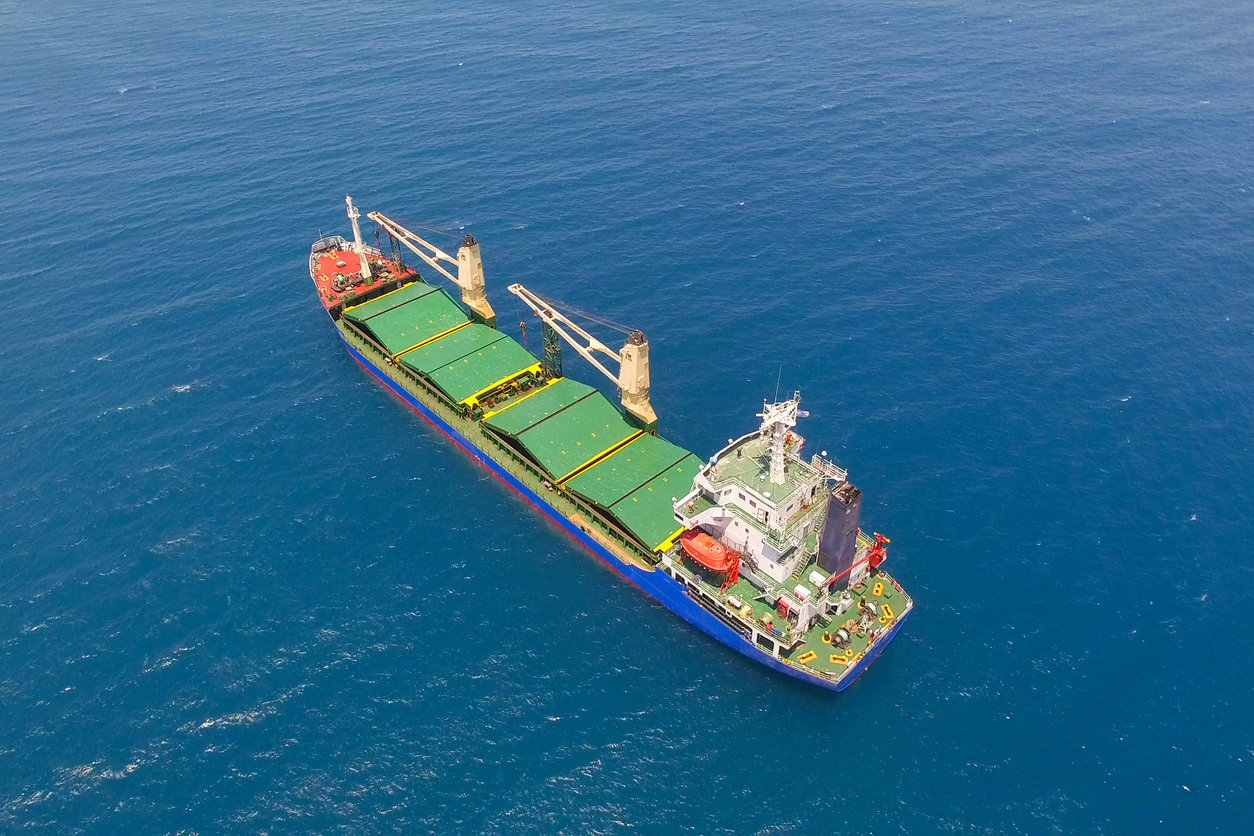Ship Chartering in Nigeria: A Guide to Flexible Maritime Logistics
Ship chartering is a vital service in Nigeria’s maritime sector, enabling businesses to transport goods, equipment, and resources efficiently across domestic and international waters. With Nigeria’s reliance on shipping for oil exports, imports, and trade, ship chartering provides a flexible and cost-effective solution for businesses requiring tailored shipping services.
In this article, we explore the concept of ship chartering, its benefits, applications in Nigeria, and how Wigmore Trading supports businesses with expert ship chartering solutions.
What is Ship Chartering?
Ship chartering is the process of hiring a vessel for a specific period or voyage to transport goods or equipment. Charter agreements are typically categorized into three main types:
1. Time Charter
The charterer hires the vessel for a set period and takes operational control, including crew management and voyage planning.
2. Voyage Charter
The vessel is hired for a single voyage, and the shipowner retains operational control.
3. Bareboat Charter
The charterer leases the vessel without crew or supplies and assumes full operational responsibility.
Applications of Ship Chartering in Nigeria
1. Oil and Gas Industry
Ship chartering plays a critical role in transporting crude oil, LNG (liquefied natural gas), and oilfield equipment. Offshore supply vessels (OSVs) are often chartered for logistics in Nigeria’s oil-producing regions.
2. Bulk Cargo Transport
Chartered ships are used to move bulk commodities like cement, fertilizers, and agricultural products, both domestically and internationally.
3. Project Logistics
For large-scale projects, such as infrastructure development or energy installations, ship chartering provides specialized vessels like heavy-lift or multi-purpose carriers.
4. Fishing and Aquaculture
Fishing vessels and support ships are often chartered to enhance operations in Nigeria’s growing aquaculture sector.
5. Emergency and Relief Operations
Ship chartering offers quick and efficient transportation solutions for delivering relief supplies during natural disasters or humanitarian crises.
Benefits of Ship Chartering in Nigeria
1. Cost-Effectiveness
Chartering eliminates the need to invest in purchasing and maintaining vessels, reducing capital expenditure for businesses.
2. Flexibility
Businesses can choose vessels tailored to their specific cargo requirements, operational needs, and timelines.
3. Access to Specialized Vessels
Ship chartering provides access to vessels equipped with specialized features, such as tankers, offshore supply vessels, or container ships.
4. Scalability
Charter agreements can be adjusted based on changing business needs, whether for a single voyage or long-term operations.
5. Reduced Operational Responsibility
With voyage or time charters, the shipowner handles operational aspects like crew management and maintenance, easing the burden on the charterer.
Challenges in Ship Chartering in Nigeria
1. Regulatory Compliance
Navigating Nigeria’s maritime laws, customs regulations, and environmental standards can be complex for businesses new to the industry.
2. Security Risks
Maritime security concerns, such as piracy in the Gulf of Guinea, pose challenges for charter operations.
3. Port Infrastructure Limitations
Congestion and inadequate facilities at Nigerian ports can delay ship operations, increasing costs for charterers.
4. High Demand for Vessels
In peak seasons, the availability of specific vessel types may be limited, requiring businesses to plan charters well in advance.
How Wigmore Trading Supports Ship Chartering in Nigeria
Wigmore Trading offers tailored ship chartering solutions to help businesses navigate Nigeria’s maritime logistics landscape. Here’s how we can assist:
1. Access to a Wide Network of Vessels
We partner with reputable shipowners to provide access to a diverse fleet, including tankers, bulk carriers, and offshore supply vessels.
2. Expert Contract Management
Our team ensures that charter agreements align with your operational needs, covering key terms such as duration, cargo specifications, and routes.
3. Maritime Security Support
We work with security providers to mitigate risks and ensure safe voyages, particularly in high-risk areas.
4. Regulatory Compliance
Wigmore Trading simplifies the process of adhering to Nigeria’s maritime laws and environmental regulations, reducing the risk of delays or fines.
5. End-to-End Logistics Solutions
From chartering vessels to coordinating cargo handling and delivery, we provide comprehensive support to streamline your shipping operations.
Conclusion
Ship chartering offers businesses in Nigeria a flexible and cost-effective solution for transporting goods, equipment, and resources. Whether for oil and gas logistics, bulk cargo transport, or specialized project needs, chartering provides access to the vessels and expertise required for efficient maritime operations.
Wigmore Trading is your trusted partner for ship chartering in Nigeria, offering tailored solutions, reliable vessel access, and expert logistics support. Contact us today to discuss your ship chartering requirements and enhance your maritime operations.








Comments are closed.